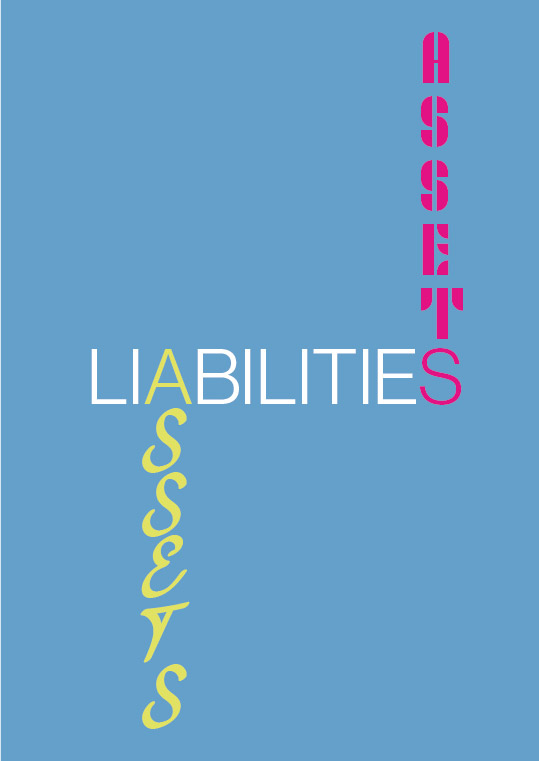An attitude of gratitude can help in addiction recovery
Recovering addicts and alcoholics are often advised by their sponsors or therapists to make a “gratitude list” as an antidote to the blues. The idea is not new to us; people have been “counting their blessings” for ages. And because it is such an old-fashioned and simple idea, we might look down on it today. Experience suggests we should not.
Quite often, our moments of gloom and trouble are made more difficult by the sheer weight of problems we keep seeing in front of us. Without actually meaning to, we are doing an inventory of all the impossibilities surrounding us, and we are defeated before we begin.
“I’d apply for the job, but I don’t have enough experience to qualify, and even though they say experience is not needed, I can’t get a good recommendation from my last boss – not after the way I acted. And since I can’t get a new job, I can’t get shoes for the children, which means they won’t be able to go to school, and then my wife will have to stay home from her job because we sure can’t afford babysitters.” And on and on it goes. We don’t mean to be negative – far from it! It is just that our problems appear so prominent and so parallelizing we can’t do a thing to help ourselves.

An attitude of gratitude takes us forward
An attitude of gratitude always points us to what’s going right for us, not what’s going wrong. It may seem somewhat too optimistic to say, “God’s in His heaven, all right with the world,” especially when some wrong things happen to us. But on the other hand, choices for action are made based on possibilities, not impossibilities! I can’t take a trip if all I know is the car is broken down, there’s no cash for fuel, and I don’t have GPS; besides, I don’t know how to drive in the first place! Gratitude looks at what I can do. It helps me sum up my assets and get in touch with my strengths rather than my weaknesses.
There may be other ways to make that trip. What assets do I have? I have my health, for one. If worse comes to worst, I can walk. I have eyes and ears that work reasonably well. There’s a good chance that I can follow directions. I have my wits about me, and I can make responsible decisions. That’s a real blessing! And friends, let’s not forget that we indeed are not alone. We have sponsors and therapists on whom we can rely, friends who will steady us, families who will be there for us, good people to whom we can turn for advice and help.
All these belong in our inventory of assets. And even though we are aware of problems, difficulties, and impossibilities in our lives, another source of gratitude could be these very problems that hurt so much. One piece of advice that has helped many comes from the poet Noel McInnis, who wrote:
Be loving
of your empty times
as well as of your full ones.
No one has ever had a filling
without an emptying
to give it room.
When a member at a Twelve Step meeting says, “I’m a grateful alcoholic,” his words make sense, for they are a reminder that the disease of addiction the world considers such a disaster was the making of him. He learned the truth about himself and found new faith and confidence, something he doubts could ever have happened without this “disaster” called chemical dependency.

Our liabilities can be our assets
Although we certainly don’t want to hang on to old character defects, sometimes our liabilities are assets in disguise. They can be valuable tools if we allow God (of our understanding), a sponsor or a therapist to show us how to use them. We need to cultivate positive ways of thinking and feeling to transform or replace old, negative habits.
It’s hard to see how a character defect such as resentment can be an asset. It’s more like cancer that eats away our inner beings. Yet, it too can be a teacher. When W. talks about making a list of our resentments, he says we must get rid of them, or they will kill us. But he also points out that they are symptoms of a deeper disease, usually associated with our need for security, self-esteem, or companionship. When resentment occurs, we can use it like a thermometer. It registers our spiritual temperature and alerts us that something is wrong. Without resentment, we can check our relationships and see how healthy they are. We can look again at our self-image and know why we feel inadequate and vulnerable. We can review our relationships and test them for unhealthy dependencies, jealousy, and passiveness. Resentment is the red flag that warns us something else is amiss. It can be beneficial.
Taking an inventory of our assets puts us in touch with our strengths and enables us to act. Counsellors in rehab, our sponsor or therapist can assist us in taking an inventory. The most painful part of personal problems is the feeling of helplessness they can create. ‘’I’m trapped; I have nowhere to turn; there is no way out.’’ This kind of thinking opens the door to a drink or a pill or a binge at the ice cream parlour. ‘’I hurt so bad; I must replace my hurt with a good feeling.’’ The trouble is that the ‘’good’’ feeling is an illusion, and the ‘’bad’’ sense of guilt and failure will surely hurt even more. The helplessness is compounded, and we are weaker than before.
A gratitude list looks at strengths and points the way to possibilities instead of impossibilities. It leads from hopelessness to hope. It provides us with building blogs rather than mental blocks or stumbling blocks. It is the key to action.

Freephone: 0800 140 4044
Local rate: 0300 330 3040



